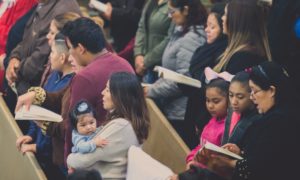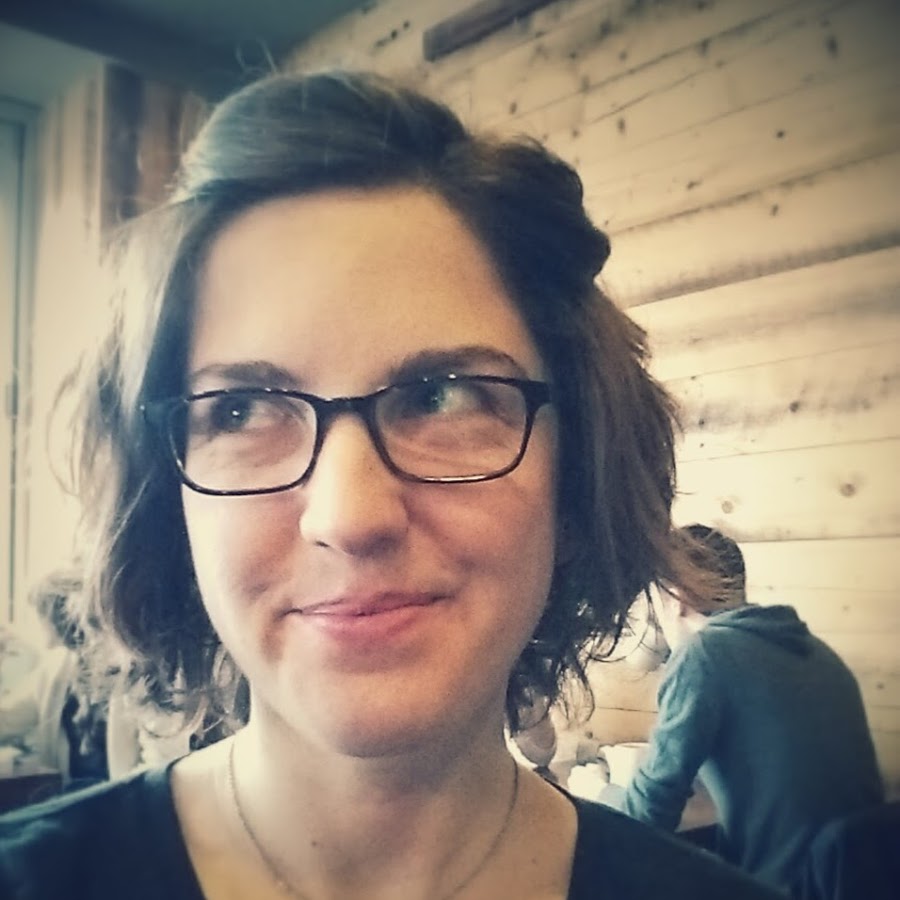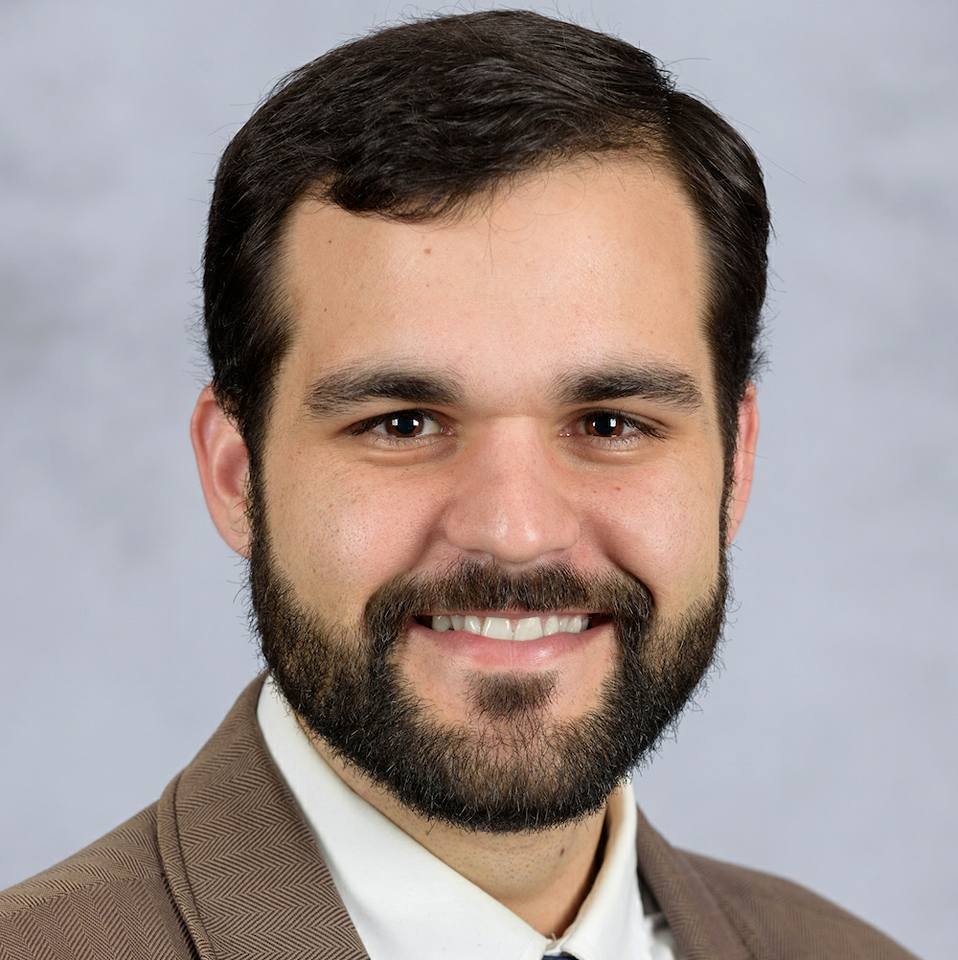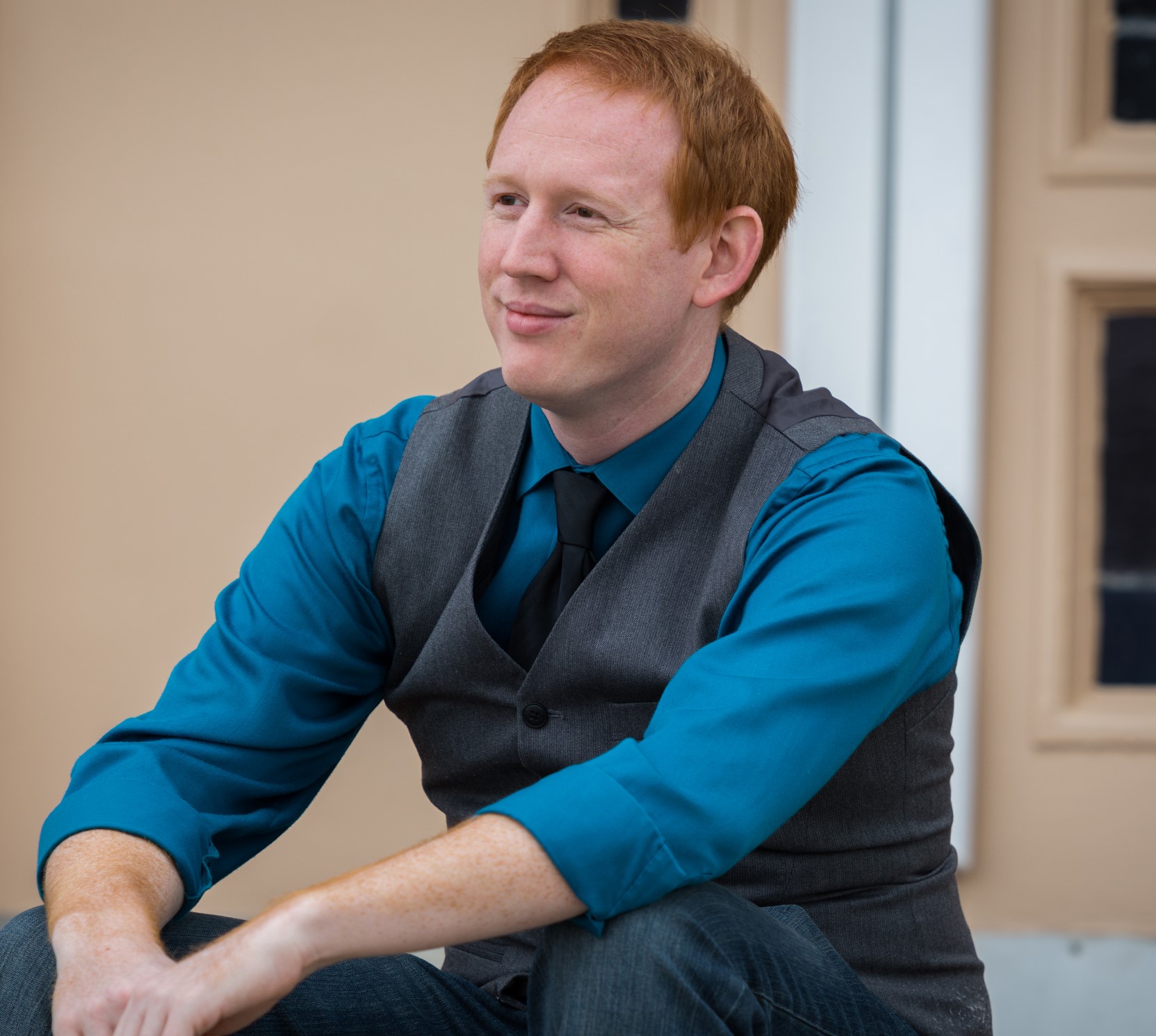Author – Ginny Chilton Maxwell is Music Minister at Church of the Ascension in Norfolk, Virginia, where she serves as organist, choirmaster, and elementary music teacher.
On Easter Day we celebrate that Jesus came back to life, but starting the day after Easter most of us in ministry, and music ministry specifically, feel anything but lively. Easter is meant to be more than just one day; in Western Christianity, at least, it’s a whole fifty days of celebrating. But how many of us actually treat the seven weeks after Easter as the festival season it is? In many of the churches in which I’ve worked and worshiped, we tend to take a few days or even the whole week after Easter off, and the rest of the Easter season never really regains its momentum. We’re exhausted, for goodness sakes, and our worship tends to suffer for it. This doesn’t seem to reflect the reality of the resurrection. What can we as musicians do to be more faithful to the spirit of Easter, without overtaxing ourselves and the people we work with?
The more we get together, the happier we’ll be…
The Sunday after Easter can often be a bit of a downer, not only because we’re all still recovering from Easter, but because many of us have to go from a very full church back to our usual, often much lower, number of worshipers. One thing that worked particularly well for my church this year was to plan a worship service with other churches in our neighborhood for the Sunday after Easter. Granted, ecumenical worship services can take a lot of effort to execute. But I found that with three music ministers working together, we were able to divide and conquer and not leave anyone with too much to do. With someone there to conduct, I could focus on the organ, and we had plenty of singers to fill the choir loft and make the anthem sound full.
I have to say, I’d forgotten how much having children around makes each holiday feel so special.
The nave, too, was full of worshipers to make the hymns and responses quite hardy. What’s more, it feels faithful to the good news of Jesus to break down our denominational barriers and worship as one. What better time to proclaim that message than during the Easter season.
On the road again…
For those of us who are church musicians, most of our work is for events that occur within the four walls of the church. What would happen if we took our show on the road for one or more of the weeks of Eastertide? The music is already learned; why not perform it a few more times in a location other than your church sanctuary? If your church is in a downtown or other highly visible location, consider doing some of the music you worked so hard on for Easter out on the front steps or the front lawn. You could even do the whole worship service outside, weather permitting, at your usual Sunday morning time. If your church is affiliated with a school or nursing home, ask if you can perform the anthem or other special Easter music at their weekly worship service. Or, team up with the school’s music teacher and make music class that week a special Easter “concert,” complete with a tour of the organ and an opportunity to sit with choir members and follow along with the music as they sing. Some of these options will be relatively easy to execute; others require more planning than most of us want to do the week after Easter. But I think you’ll find that just by changing the scenery you’ll be able to extend the life of the music you performed on Easter Sunday, and keep the Easter season alive while you’re at it.
Won’t someone think of the children?
In the past three years I’ve had two children and started a  job that involves working at the school affiliated with my church. I have to say, I’d forgotten how much having children around makes each holiday feel so special. Children have an enthusiasm for celebrations and traditions that is infectious to the rest of us. Easter Sunday may not be a good time for the children’s choir to sing, but it’s perfectly appropriate to have them sing an Easter song on the Sunday(s) after Easter. Small children delight in having songs to sing that go with whatever season it is, so even if you’re working with children in a less formal setting than a choir, you can keep singing your resurrection songs all through the season. (Sidebar: I’ve found there aren’t enough Easter songs to satisfy the appetites of young children. Which Easter songs do your children love?) You might find that you have more opportunity to discuss the true meaning of Easter with the children once the Easter bunny has faded away, too.
job that involves working at the school affiliated with my church. I have to say, I’d forgotten how much having children around makes each holiday feel so special. Children have an enthusiasm for celebrations and traditions that is infectious to the rest of us. Easter Sunday may not be a good time for the children’s choir to sing, but it’s perfectly appropriate to have them sing an Easter song on the Sunday(s) after Easter. Small children delight in having songs to sing that go with whatever season it is, so even if you’re working with children in a less formal setting than a choir, you can keep singing your resurrection songs all through the season. (Sidebar: I’ve found there aren’t enough Easter songs to satisfy the appetites of young children. Which Easter songs do your children love?) You might find that you have more opportunity to discuss the true meaning of Easter with the children once the Easter bunny has faded away, too.
The Easter Season is meant to be one of overflowing joy and celebration. What do you find helps you maintain the spirit of Easter through the whole season?
For more blogs by author Ginny Chilton, check out all our blogs here.






